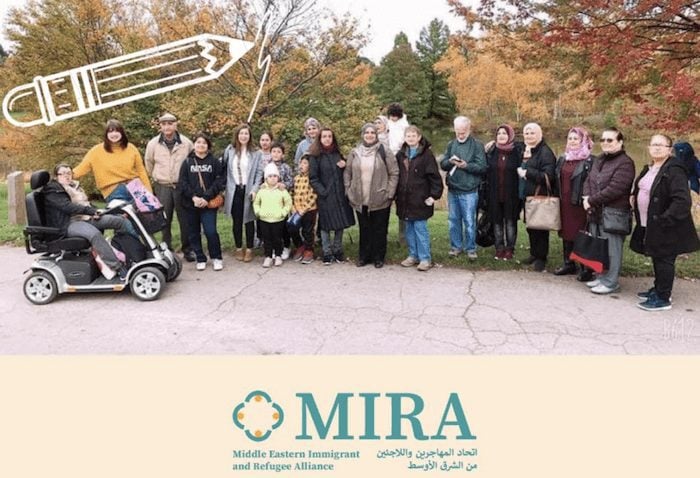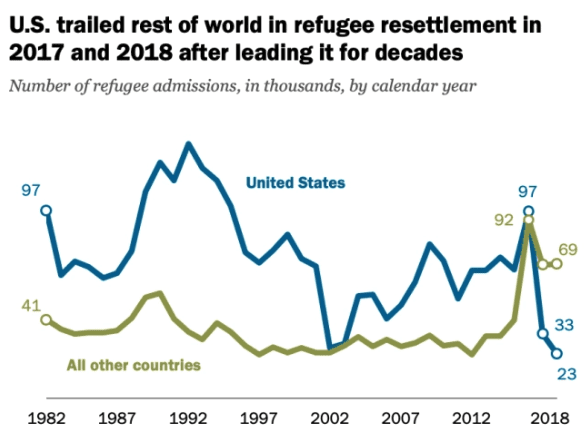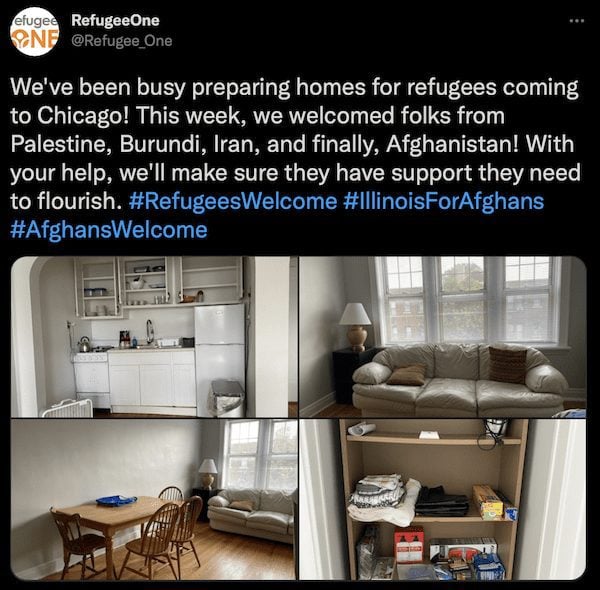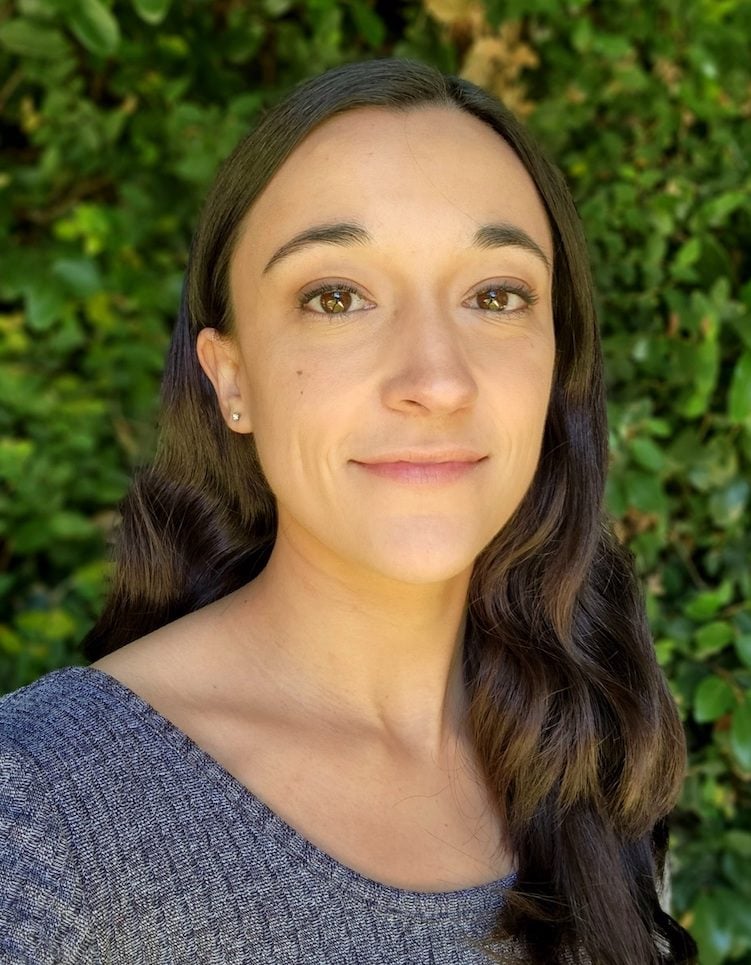What Chicago’s Support of Iraqi Refugees Means For Afghans

Members of Chicago-based refugee aid organization, Middle Eastern Immigrant and Refugee Alliance (MIRA), in an undated photo. (Source)
October 10, 2021 ~ By Shari Rose
Similarly with Iraqi refugees who arrived before, Chicago-based groups help Afghans resettle into their new lives
As many cities around the U.S. prepare to welcome Afghan refugees in the coming weeks and months, I wanted to examine how refugee resettlement agencies have worked in the past to support new arrivals from another nearby country: Iraq. Iraqi refugees have settled all throughout the U.S. for decades, and one city in particular that has provided a wealth of support to Iraqi refugees for generations is Chicago, IL.
The city of Chicago has a long history of accepting Iraqi refugees and immigrants alike. Beginning in the 1960s, Assyrians from Iraq began immigrating to Chicago and largely chose to settle in the Lincoln Park neighborhood. During the Gulf War and America’s War on Terror, thousands of Iraqi refugees fled their homes and resettled in different U.S. cities, with a large percentage finding refuge with the existing Iraqi-American community in Chicago.
How Aid Organizations Help Iraqi Refugees in Chicago
Refugee aid groups provide a wide range of services to help refugees from all backgrounds settle in Chicago. Some include RefugeeOne, MIRA, World Relief Chicagoland, Heartland Alliance, but there are many more. The main role of these organizations is to assist refugees with resettling in Chicago and getting them acclimated with American culture.
One such Chicago-based refugee aid group is called RefugeeOne. This organization offers resettlement services, English-language studies, work placements, youth and women’s services, mental health support, and other necessary programs. Similarly with other aid groups, RefugeeOne secures furnished apartments for newly arrived refugees, as well as a wide range of services to help them adjust to their new home.
As RefugeeOne’s Executive Director Melineh Kano explains, refugees from the Middle East in particular are very unaccustomed to many American norms, including how to properly apply for a job: “The basic concept of even interviewing for a job is something very new,” Kano said. “So for someone to be sitting with a stranger and saying, ‘I’m a hard worker, or I’m so good at this,’ doesn’t come naturally.”
Additionally, RefugeeOne works to help refugees become self-sufficient as soon as possible, with many becoming fully settled “in as few as 6 to 9 months.” For many families, these services are an invaluable means to build a decent way of life for their loved ones after fleeing extremely difficult circumstances in their homeland.
Another aid organization in Chicago providing much-needed support to Iraqi refugees in particular is called MIRA. Formerly known as the Iraqi Mutual Aid Society, this group was founded in 2009 by Iraqi refugees. It has since grown to offer services to refugees from Afghanistan, Syria, and Jordan. MIRA estimates that it worked with more than 800 refugees in 2019 alone.
- More stories: Israel Has Killed a Record Number of Journalists in 6 Months
- More stories: America Has The Highest Maternal Mortality Rate Among Western Nations
- More stories: How Ruben Salazar Gave Voice to Chicanos Until He Was Killed by Police
During the COVID-19 pandemic, MIRA established a case management program to help immigrants reach public health benefits and other necessary services. It also provides vocational training programs, mental health services, legal immigration support, and more.
Economic impact of refugees and immigrants in Chicago
According to a 2016 report that focused solely on immigrants in Chicago, an astounding 1 out of 3 entrepreneurs in the city are immigrants. Though they only make up 20% of Chicago’s total population, immigrants account for 36% of all entrepreneurs. When examining refugees who settled in the city, the report found their median income to be $59,000. About 1 in 4 refugees in Chicago held a bachelor’s degree or higher in 2016.
Since 2000, nearly 100,000 Afghans have resettled in the US. Three states – Wyoming, Arkansas, and Hawaii – have never accepted any Afghans. Most Afghan refugees have resettled in California, Texas, and Virginia over the last 20 years.
But despite the obvious economic benefits refugees contribute to the U.S. as a whole, xenophobia plays a major role in keeping refugees out of the wealthiest nation on the planet. Shortly after becoming president in 2017, Donald Trump put a temporary freeze on all refugees coming to the U.S. The following year, Trump set a cap on accepted refugees at 45,000, a record-breaking low for the time. In 2019, the number dropped to 30,000. For 2020, he set the cap at just 18,000.

A graph of resettled refugees in the U.S. since 1982 from Pew Research Center. (Source)
In comparison, during the last year of Barack Obama’s presidential administration, the U.S. admitted 85,000 refugees.
And in spite of all the campaign promises from Joe Biden in 2020, just 11,000 refugees were admitted to the U.S. between October 2020 and September 2021. While this number does not reflect the thousands of Afghans who came to the U.S. in the last two months because they were granted temporary “humanitarian parole,” it is a shame and a tragedy that just 11,000 were welcomed into this county. And it’s a massive failure on the part of the Biden administration.

A tweet from RefugeeOne that shows photos of a furnished apartment ready for arriving Afghan refugees in Chicago. (Source)
With the withdrawal of U.S. troops and Taliban takeover of the Afghan government earlier this year, more than 100,000 people were evacuated out of Afghanistan. The U.S. must do what is right and vastly raise its immigration caps to allow far more Afghan refugees into her borders.
Interested in donating to the organizations mentioned above as they prepare to resettle Afghans? You can donate to RefugeeOne or MIRA here.
- More stories: Police Killings of Latinos in Los Angeles Since 2016
- More stories: How SSI $2,000 Limit Keeps Those with Disabilities in Poverty
- More stories: Martha Mitchell Was Right About Watergate







0 Comments